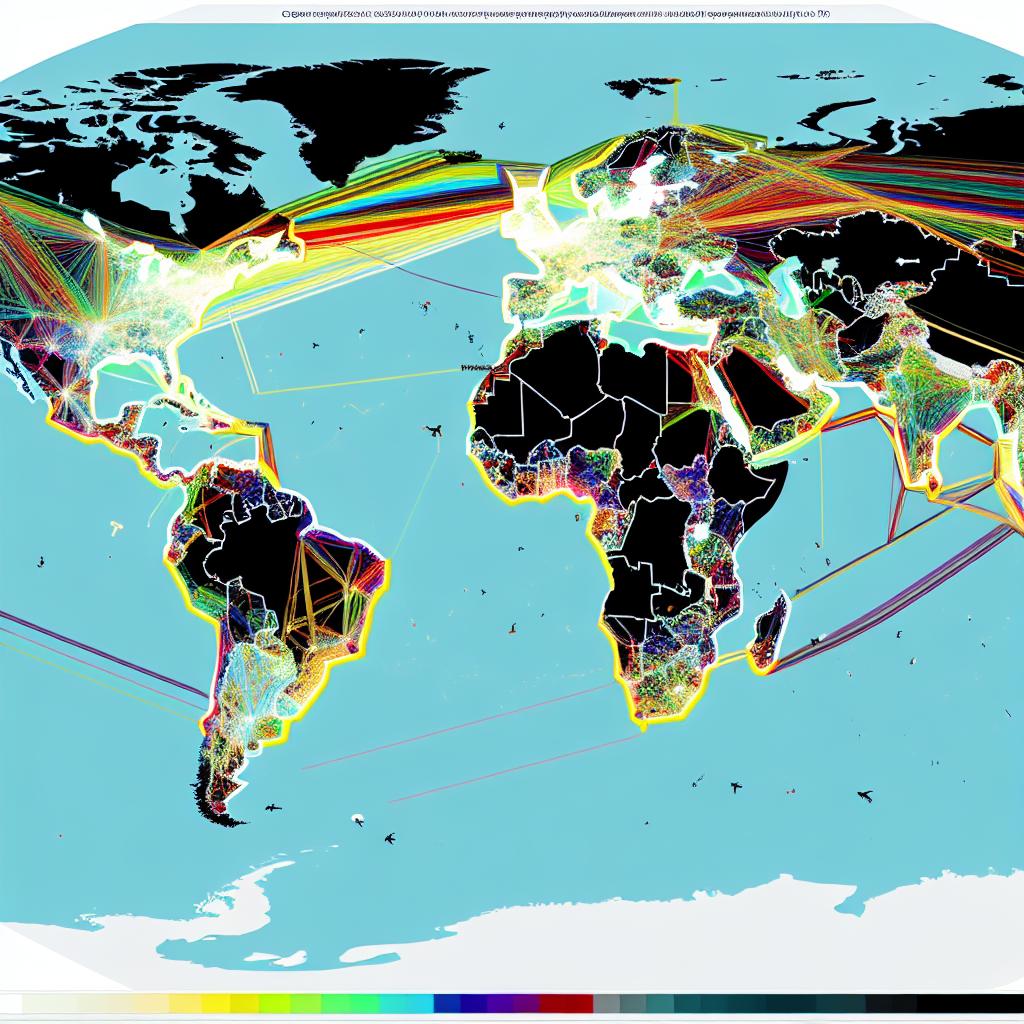Since the onset of Covid-19 four years ago, the disruption to global supply chains has been a constant challenge.
While deliveries have mostly returned to pre-pandemic levels, uncertainties persist, influenced by geopolitical tensions, particularly between the United States and China. President Joe Biden's administration aims to ensure secure, diversified, and resilient supply chains, focusing on strategic industries like semiconductors, batteries, critical minerals, and pharmaceuticals. However, challenges such as the knowledge problem, the size, and opacity of supply chains remain. The administration is collaborating with allies to address these challenges, implementing initiatives like the CHIPS and Science Act and the Indo-Pacific Economic Framework (IPEF). The White House Council on Supply Chain Resilience, involving various federal agencies, will provide leadership in these efforts. Geopolitical conflicts, China's economic coercion, and upcoming changes in U.S. trade policies further complicate the landscape. Despite efforts to enhance supply chain resilience, gathering comprehensive information remains a challenge, but the administration aims to make informed decisions to mitigate disruptions.





